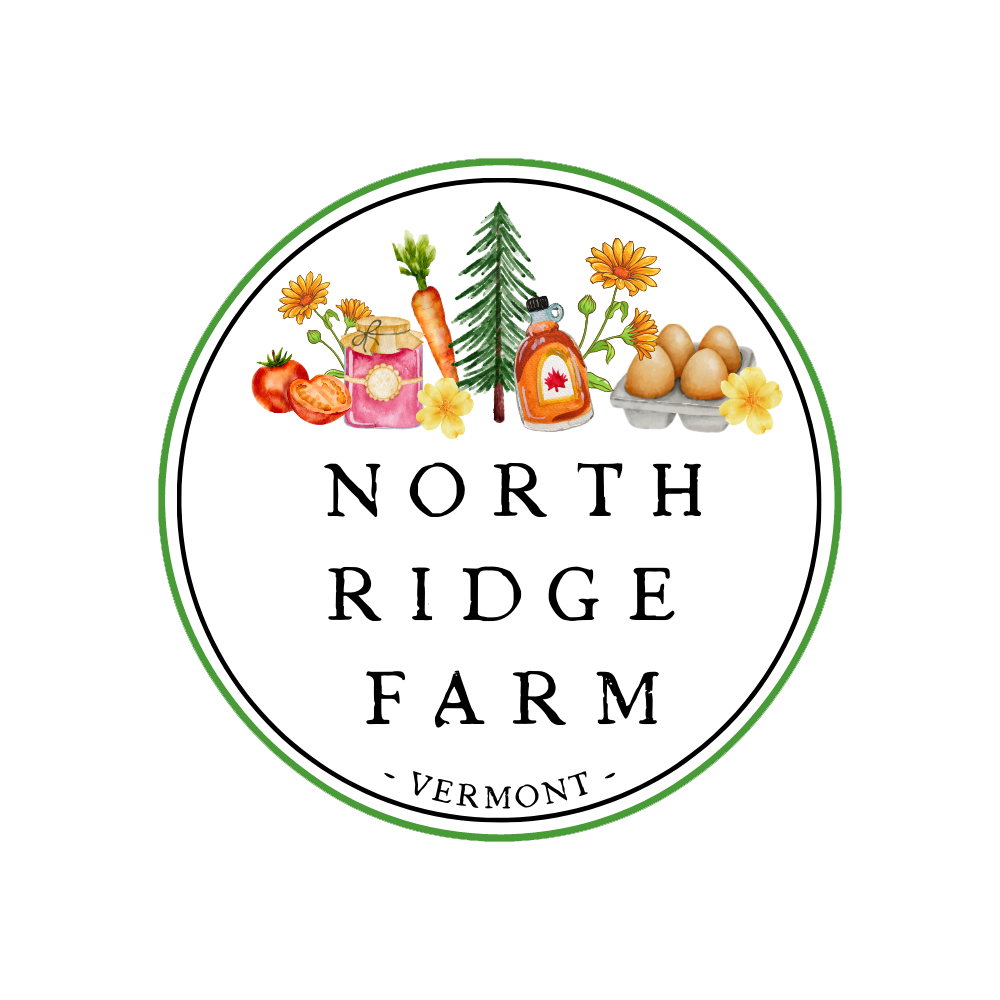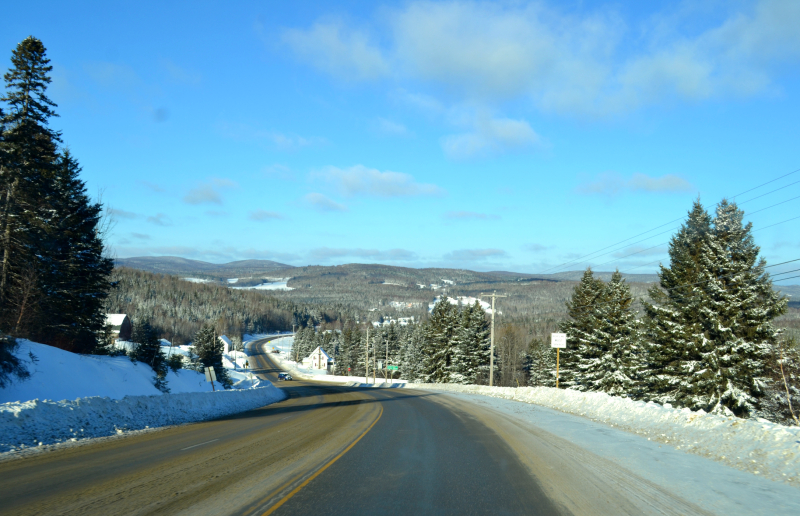Driving through Eagle Lake, Maine.
Yesterday’s snow did not amount to the full foot predicted, maybe six fresh inches fell. It’s sticky though, in that sticky-spring-snow way, and the northern side of the trees remain frosted this morning. Fresh snow is never not pretty, even two days into spring.
Recently one of you asked if I grew up in “that tiny town in Northern Maine,” and the short answer is no, I did not. In fact, my father did not grow up there either. The longer answer, of course, involves a story.
After returning home from WWII, my newlywed grandfather and grandmother, both generations deep residents of Eagle Lake, Maine, immigrated south to Hartford, Connecticut, on the promise of work beyond logging and trapping, and winters lasting less than eight months out of the year. Memere and Pepere were isolated in the remote region of Maine they called home, and although life was good and healthy and meaningful, it was hard and limited. It lacked the opportunity, prosperity, and “progress” that America seemed ripe with at the time. Just one generation prior, it was nearly unheard of in their region to search out greener pastures, but the post-war boom changed that.
Memere and Pepere, Acadian French speaking with English as their second language, immigrated to a French Canadian neighborhood in Hartford, aptly named Frog Hollow, a derogatory term used to describe the French. (Historical literature tells of a geological reference to the name, which may be true, but you know the polished bent history prefers to take. All I can say is at the time, my family knew "frog" meant them.) Frog Hollow was a working class trade oriented neighborhood with French being the language used in most households, but school was a different story. This was mid-century America, after all, if you were to make it, son, you best look and speak mainstream. School was conducted in English.
By this time it was my father and his first brother on the scene, seven more children would follow in the years to come. As mentioned, French was spoken at home and was my father’s first language, but his parents made sure he also knew English, a skill he sharpened upon attending school. Eventually, English replaced French as the first language at home, and I’m not sure any of dad’s siblings ever spoke French the way he and his first brother did. So how did home lose its native language? As the story goes, there was an incident on the playground at school in which another child was hurt, and my father (about 6 at the time) ran up to his English speaking teacher for help, and in his excitement and concern for his classmate, blurted out the crises at hand entirely in French – his most comfortable tongue – to a teacher that only spoke English. This caused extra time for the teacher to comprehend the situation and assist the hurt child. Memere caught word of this, and like most non-native English speaking parents at the time (and today, I imagine), feared her child wouldn’t “make it” without full assimilation of American ways, and immediately stopped (primarily) speaking French at home.
I don't share this lightly as for me it is a great travesty to witness how easily culture is lost. I am of the first generation in my family to not speak our native language. I am perfectly assimilated.
Not long after the playground incident, the influx of post-war housing afforded my grandparents the chance to leave Frog Hollow and move to a shiny new small cape style house in a suburb of Hartford, where they went on to raise nine children. There was a huge apple tree out back – at least it was huge by the time I was enjoying childhood – and each September we were allowed to eat as many apples as we could handle. Throughout life, Memere and Pepere still spoke plenty of French with one another, but not with their children or grandchildren. I always loved hearing their conversations, it didn’t matter that I could not understand a word. As for my many family members that still live in Eagle Lake, they all continue to speak French.
So that’s the story of how my paternal family came to Connecticut. Their "tiny town in Northern Maine" was a place where everybody grew or killed what they ate, babies were born at home, and men often died working in the woods. A few other family members followed my grandparents migration and they too set up lives unrecognizable to folks back home. Even some of the elders tried out life in the south, but most of them didn’t feel the same rapture for “progress” and returned north right quick.
I feel grateful to know so much about my father’s family history, and wish I knew as much about my mother’s. I do know some, but it’s been harder to capture as the family wasn’t as large and most are gone now. Though I can share, as I am sure I have before, that my maternal roots are straight out of Brooklyn, New York. Mom’s Brooklyn was one of fixed rent brownstones, coal smoke in the air, and churches that were never locked. She lived in Park Slope before it was Park Slope (AKA hippest neighborhood this side of Seattle). Her childhood memories are of stick ball in the streets and buying jellyrolls for a quarter at the Jewish bakery each Sunday after church. She remembers dressing up for annual holiday trips downtown to visit sparkly window displays on 5th Avenue. Little girls with belted wool overcoats and glossy patent leather shoes. Her mother stayed home to raise the children and her father worked at Port Authority. Old school Brooklyn. Yeah, I'd love to know more of those stories.

